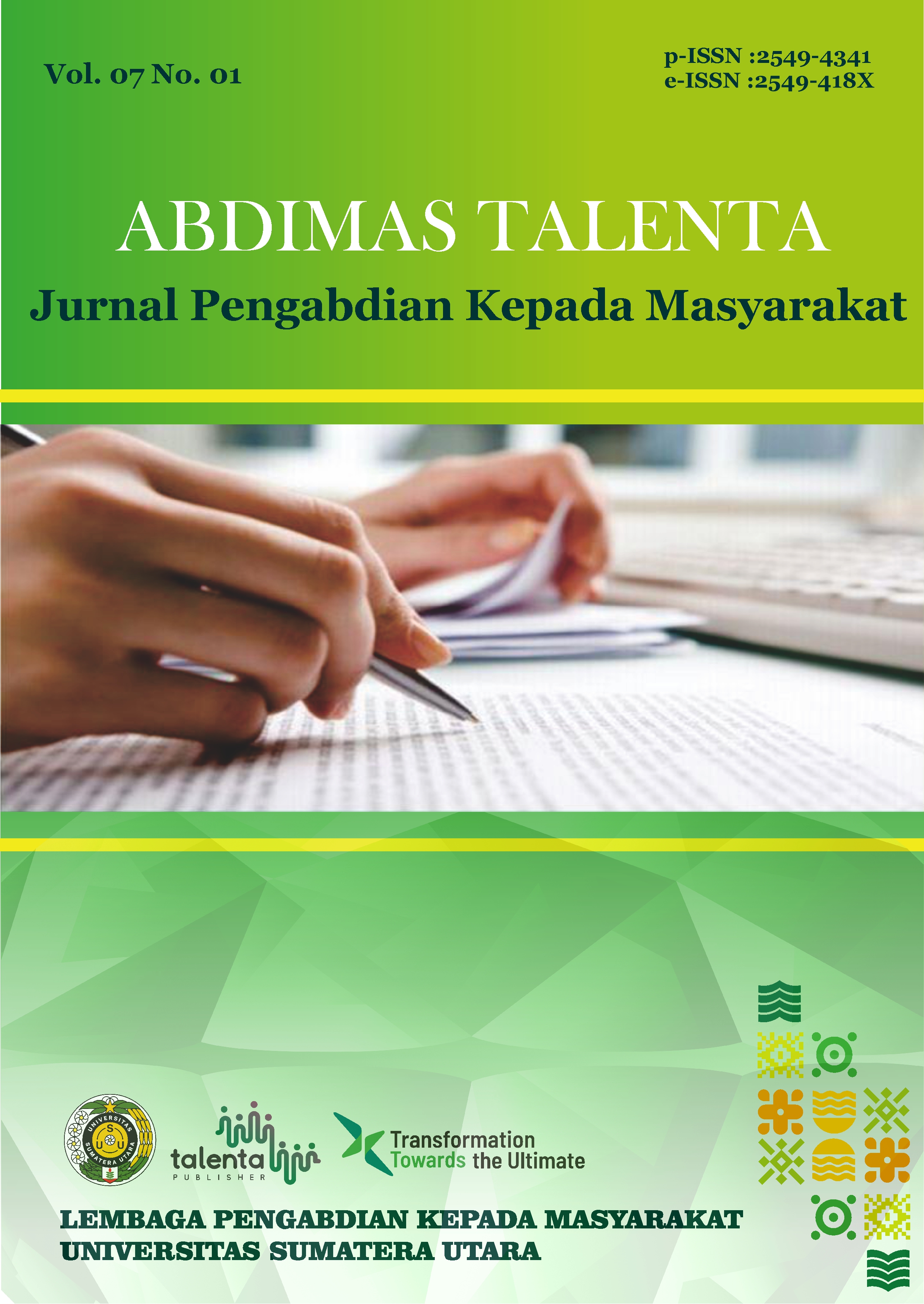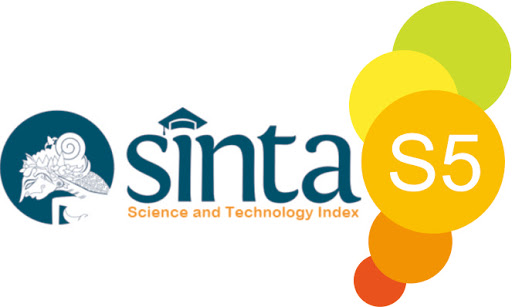Analysis of Increasing the Productivity of Quail Egg Farming in BUMDES Desa Kota Datar
DOI:
https://doi.org/10.32734/abdimastalenta.v7i1.6915Keywords:
Productivity, Bumdes, Quail EggsAbstract
Bumdes as one of the vehicles for accelerating the acceleration of economic growth in rural communities is a close part of agricultural development that supports the provision of nutritious and highly competitive food from livestock, as well as creating jobs in the livestock agribusiness sector. The development of the main livestock population and their production is an illustration of the level of availability of national protein sources. Quail eggs are one of the livestock commodities from the type of egg production that has a fairly high demand and has advantages as a provider of protein for the community. Its nutritional content is able to compete with popular poultry, such as native chickens, broilers, and ducks. The amount of consumption of quail eggs and the nutritional value and benefits contained in quail eggs indicate a fairly large business potential and show a contribution to the sufficiency of national protein intake and the development of Indonesian human quality. This study aims to identify internal and external factors that affect the increase in productivity of Quail Eggs in Kota Datar Village, Hamparan Perak Subdistrict, Deli Serdang Regency, which are included in the scope of Bumdes Kota Datar as a business forum and recommend alternative strategies to overcome the problems faced by the community. rural economy. The study was conducted from July to August 2021. The conclusion of this study is that the presence of Bumdes in increasing livestock productivity can be seen from the running of the marketing system, livestock and physical quality and quail meat which has an effect on increasing egg yields.
Downloads
Downloads
Published
Issue
Section
License
Copyright (c) 2022 ABDIMAS TALENTA: Jurnal Pengabdian Kepada Masyarakat

This work is licensed under a Creative Commons Attribution-ShareAlike 4.0 International License.
The Authors submitting a manuscript do so on the understanding that if accepted for publication, copyright of the article shall be assigned to Jurnal Abdimas TALENTA as well as TALENTA Publisher Universitas Sumatera Utara as the publisher of the journal.
Copyright encompasses exclusive rights to reproduce and deliver the article in all forms and media. The reproduction of any part of this journal, its storage in databases and its transmission by any form or media, will be allowed only with written permission from Jurnal Abdimas TALENTA.
The Copyright Transfer Form can be downloaded here.
The copyright form should be signed originally and sent to the Editorial Office in the form of original mail or scanned document.












